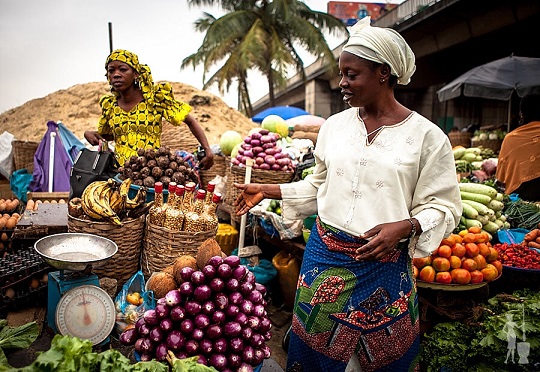Tanzania, a country endowed with abundant natural resources and a rich cultural legacy, has experienced substantial policy shifts over the course of its history. Analyzing how these changes affect growth and development offers important information for developing new tactics. This essay will examine how Tanzania’s trajectory has been impacted by policy changes in important sectors such as infrastructure development, education, and economic liberalization.
Tanzania adopted socialist policies after gaining independence in 1961, placing a strong emphasis on government economic control. But this strategy resulted in shortages and slow growth. A change toward economic liberalization started in the 1980s. Public firms were privatized, trade obstacles were reduced, and foreign investment was encouraged. The goals of this action were to increase efficiency, draw in capital, and promote competition.
Sector of Agriculture
Tanzania’s economy depends heavily on agriculture, which employs the vast majority of the country’s workforce and boosts GDP. Historically, socialist values were reflected in agricultural policies that prioritized collectivization and state-led efforts. Tanzania did, however, start agricultural reforms in the 1980s, opening up markets and encouraging private investment. These measures have had a mixed effect. Even while they helped smallholder farmers gain access to markets and enhanced production in some regions, problems with land tenure, infrastructure, and financing remain. Moreover, agricultural productivity is seriously threatened by climate change, which calls for the development of adaption plans and sustainable practice investments.
Sector of Industry
Tanzania’s industrial sector has changed significantly as a result of changes in policy. By the creation of Export Processing Zones (EPZs) and investment incentives, among other measures, the nation has attempted to industrialize and diversify its economy. However, structural issues like poor financing availability, regulatory roadblocks, and insufficient infrastructure have impeded industrial progress. Furthermore, the economy is vulnerable to price volatility and external shocks due to its reliance on primary commodities for exports. To achieve its goals of industrialization, Tanzania will have to concentrate on strengthening its technological capacities, increasing its competitiveness, and creating connections between different industries.
Healthcare and Education
Long-term economic growth and the development of human capital depend heavily on investments in healthcare and education. Driven by legislative measures like free primary education and community health programs, Tanzania has made progress in increasing access to primary education and healthcare services. Still, there are issues with quality, especially in rural areas where there is a persistent lack of facilities and teachers. Moreover, differences in outcomes and access between urban and rural regions as well as across various socioeconomic categories continue to exist. Sustained investments in infrastructure, teacher preparation, and healthcare facilities are necessary to address these issues. Targeted interventions are also needed to reach underserved communities.
The Way Forward: A Multifaceted Approach
Tanzania has made progress in a number of areas, yet there are still many obstacles in the way of its development. enduring poverty, inequality, corrupt practices, and problems with governance provide formidable obstacles to inclusive growth. External variables like geopolitical instability, climate change, and global economic trends can also impact Tanzania’s development prospects. However, Tanzania’s development journey requires a holistic approach, considering economic growth, social development, and environmental sustainability. Key considerations include policy coherence, investing in human capital, diversifying the economy, addressing inequality, and promoting sustainable practices. Expanding access to quality education, fostering innovation in agriculture and manufacturing, and harnessing the digital economy can create a resilient, inclusive growth model. Addressing environmental degradation is also crucial for long-term prosperity.
Tanzania has experienced a notable impact on its development and growth trajectory due to policy changes. Even if there has been progress in a number of areas, there are still issues that need to be resolved in order to support inclusive and sustainable growth and overcome structural barriers. Tanzania may realize its development goals and reach its full potential by giving priority to investments in important sectors including industry, healthcare, education, and agriculture. Furthermore, cultivating alliances with the business world and global society can offer extra assistance and expansion prospects. In the end, Tanzanian sustainable development necessitates an all-encompassing strategy that strikes a balance between economic, social, and environmental factors in order to guarantee equitable growth that is resistant to outside shocks.


